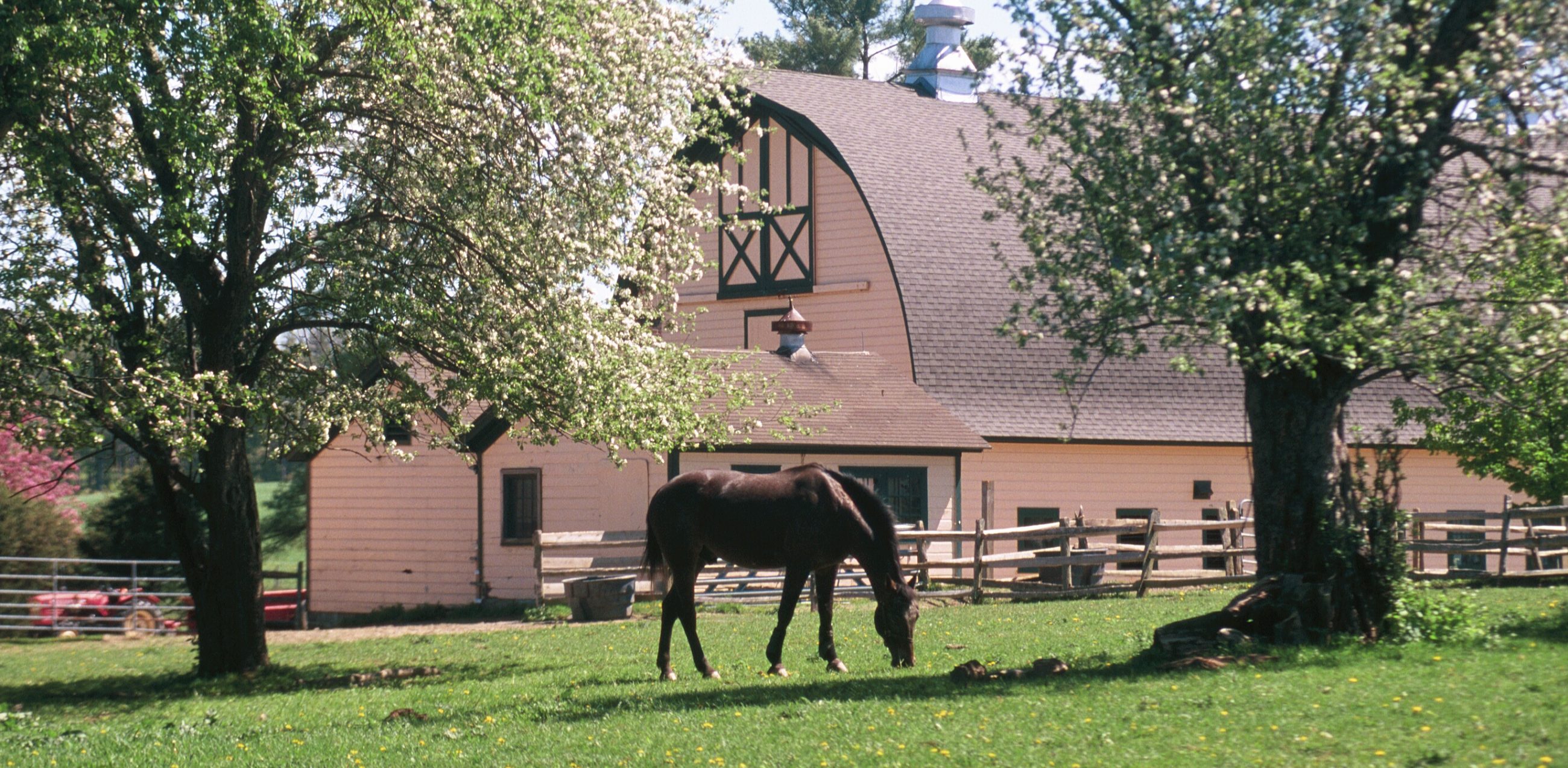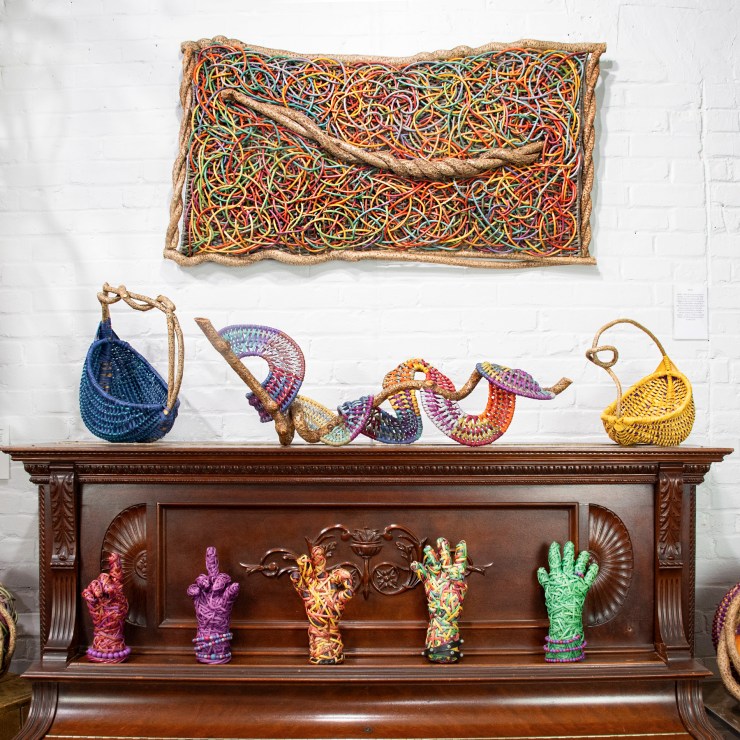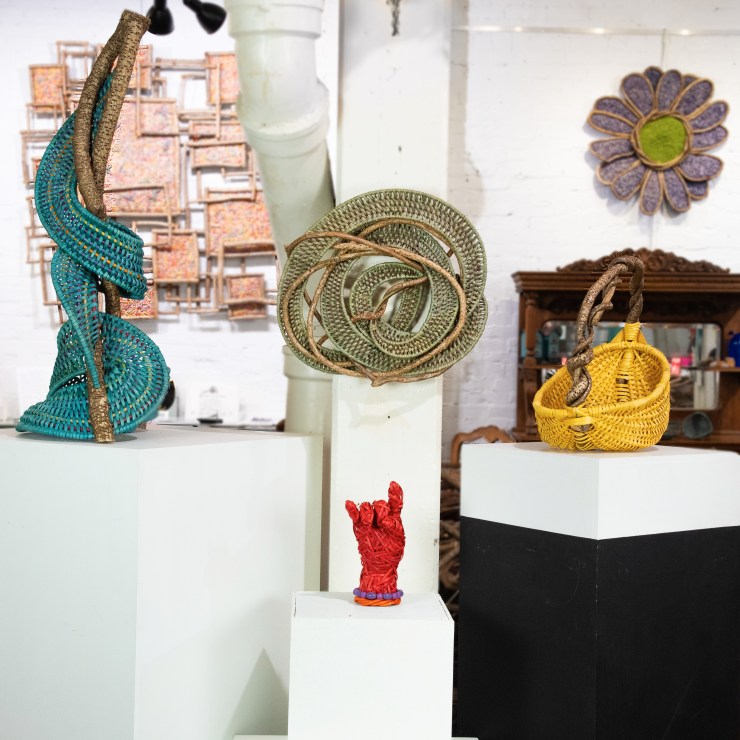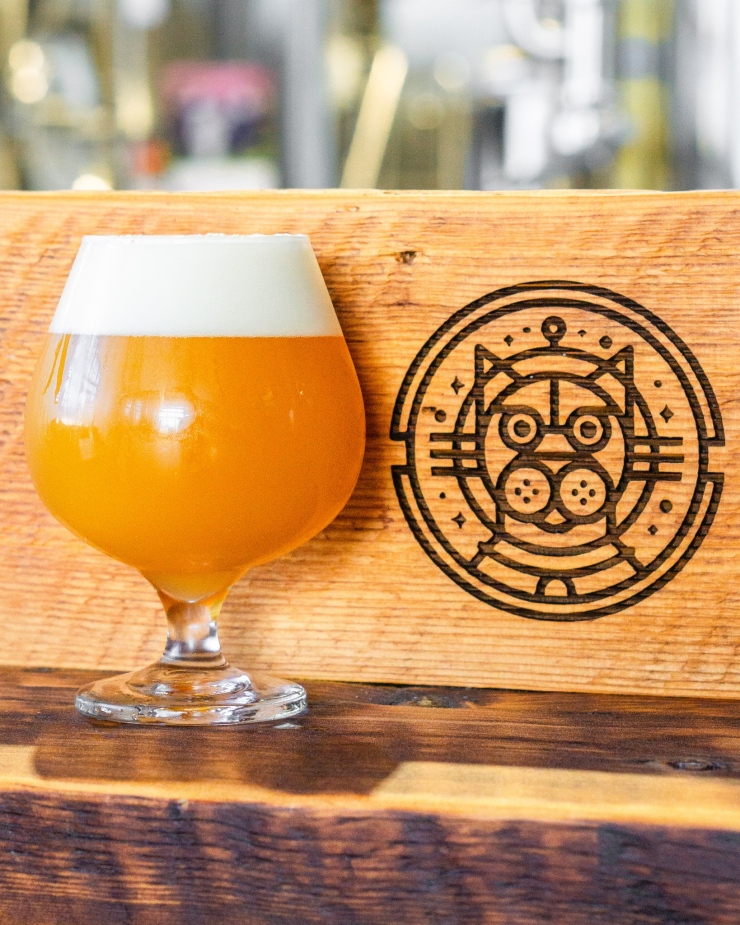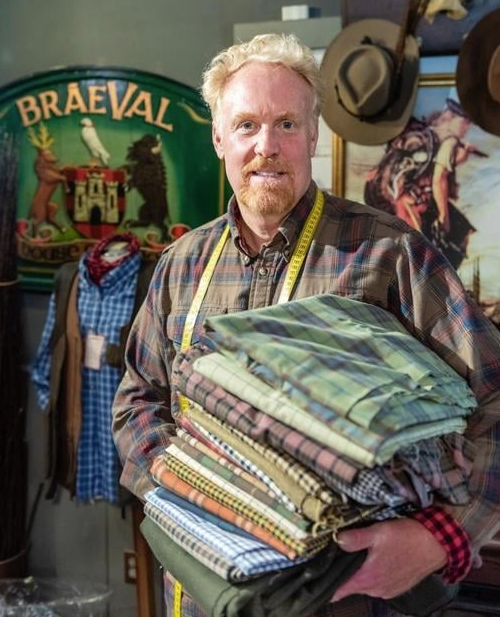Registration is now open for the 2024 summer camp weekly programs for children ages 6 – 12 at the Institute for American Indian Studies at 38 Curtis Road in Washington, Connecticut. The summer camp runs for six consecutive weeks from June 24 through the week of August 5 (excluding the week of July 1), Monday through Friday, from 9 a.m. to 5 p.m. The Institute’s summer camp programs strive to get children unplugged from indoor activities through exciting hands-on programs that get them outdoors. Weekly programs encourage children to practice team building, make new friends, appreciate nature, and connect with an enriching culture that is more than 12,000 years old. To find out more and to register online visit https://www.iaismuseum.org/summer-camp. For questions call 868-0518 ext. 453 or email gbenjamin@iaismuseum.org.

Native American history comes alive through the educationally entertaining activities curated by the professional Educational Department of the Institute. Trailblazing through the woods, investigating the natural world, mock archaeological digs, educational games, listening to traditional Native American stories, learning new crafts, and working together to complete a group project are just some of the ways children will enjoy their time at the Institute. Each week the Institute will offer a different series of exciting programs to engage and educate children.
A connection to nature plays a critical role in a child’s development. Children that want to learn more about the natural environment and how they relate to it might want to register for, “Getting in Touch with Your Senses,” from June 24 – June 28.

“Planting Seeds for Growth: Project Week,” from July 8-July 12 will teach children invaluable skills that have been passed down through generations of Native American communities. Foraging, building from natural materials, sewing, and weaving, are just some of the topics that will be covered. This program will help build confidence, teach basic survival skills, and enhance understanding of the great outdoors.
Children who are budding writers, actors, actresses, puzzle solvers, and researchers will enjoy “A Play on Words: Imagination and Learning Through Storytelling,” from July 15- July 19. These programs are finely tuned to help further develop children’s communication skills by sharpening their abilities to record, pass on, and interpret information in many ways from storytelling to theatrical expression.
Perfect for children concerned about the environment and how to survive naturally, “Power of the Eighth Generation: Eco-Survival Skills,” from July 22 – July 26 promises to be as fun as it is informative. Campers will practice traditional survival skills like navigation, carving, lashing, and more as they explore technologies that Native Americans used for thousands of years to thrive in the Eastern Woodlands. Through these programs, campers will also learn how we impact our environment.

For children interested in archeology, “Time Travel: Understanding the Past, Present, and Future,” from July 29 – August 2 is a must. Campers will learn how to put scientific methods into practice and learn the power of oral tradition through games, mock digs, and other activities.
Ideal for children who have a thirst for knowledge and want a deeper understanding of our natural environment, “Ecological Explorations: Two-Eyed Seeing in the Natural World,” from August 5- August 9, is perfect for them. The programs being offered explore the concept of both traditional indigenous ecological knowledge and Western scientific concepts to help children better understand the natural environment from two informative and yet different perspectives. Plant and animal identification, traditional ways Native American communities have used and respected the land and water, animal adaptations, and much more make this a unique educational experience.

About The Institute for American Indian Studies
Located on 15 acres of woodland acres the Institute For American Indian Studies preserves and educates through archeology, research, exhibitions, and programs. They have a 16th c. Algonquian Village, Award-Winning Wigwam Escape, and a museum with temporary and permanent displays of authentic artifacts from prehistory to the present allows visitors to foster a new understanding of the world and the history and culture of Native Americans. The Institute for American Indian Studies is located at 38 Curtis Road, Washington, CT.
